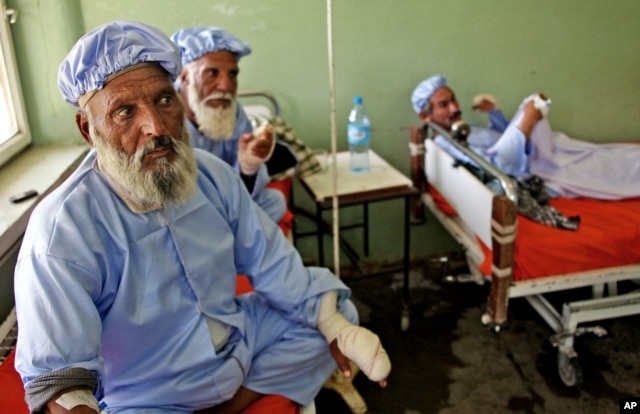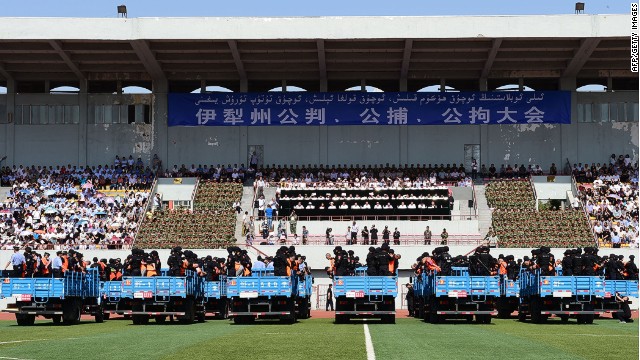By Hojin Choi
Impunity Watch Reporter, Asia
KABUL, Afhanistan – Voting in the Afghan presidential runoff ended Saturday. The runoff is to elect a successor to Hamid Karzai, who has been in office since 2001. In the first round of the election on April 5, former Foreign Affairs Minister Abdullah Abdullah received 45% of the vote, while former Finance Minister Ashraf Ghani received 31.6%. The next president will be determined by a runoff because no candidate received more than 50% of the initial votes.

Abdullah joined the 2009 Presidential Election and lost to Karzai. He dropped out after the first round as a means of protest, alleging large-scale voting fraud. He served as Foreign Affairs Minister under the Karzai regime, but recently positioned himself as a political opponent to Karzai. A week before the runoff, Abdullah narrowly escaped an assassination attempt.
Ghani, another lead candidate, was a senior World Bank Economist. He gave up his U.S. citizenship to run for the 2009 Presidential Election. He also served as Finance Minister in Karzai’s administration and worked as an advisor to Karzai. Abdullah’s camp criticized him for lacking Afghan street credibility.
The runoff went on amid violence and Taliban attacks. During the election period, the Taliban abducted and executed a candidate for provincial council and nine of his supporters. They went on to attack an election commission office in Kabul causing the death of a provincial council candidate, several workers, and police officers. The Ministry of Interior was attacked by a suicide bomber, and 6 police officers died.
The Taliban’s attacks continued even after the voting ended. The Afghan authority said a roadside bomb killed 11 people, including three election workers Saturday night after the polls closed. The victims were going home from the polling center and riding a mini bus when the bomb detonated. Afghan Deputy Interior Minister said there were nearly 150 attacks throughout the country on the Election Day, and at least 46 people were killed, including civilians and security forces.
The purpose of attacks seems to be obvious as the Taliban officially announced that they would target voting. The continuous attacks have caused widespread public fear, and possibly resulted in lower voter turnout. On the day of runoff, the Taliban insurgents cut the index fingers of 11 voting participants. Most of them were the elderly returning home after their voting, and their inked fingers were the sign of their participation in the election.

Nevertheless, voter turnout remained around that of the first round, approximately 6 to 7 million, even though exact numbers were not immediately made available. The election could mark the first democratic transfer of government power in Afghanistan. Some critics suggested that the Taliban’s attacks were motivated by desperation and a fear of losing its power as a shadow state.
According to the Election Commission, official results of the runoff election will be announced July 22.
For more information please see:
CNN – Voting ends in Afghan presidential runoff – 14 June 2014
CNN – Roadside bomb kills 11 in Afghanistan, including election workers – 15 June 2014
Washington Post – This Afghan election could be historic. Or fraud and rivalries could cause chaos – 13 June 2014
BBC – Afghan election: Run-off vote held amid violence – 14 June 2014
BBC – Afghan election: Taliban ‘removed voters’ fingers’ – 15 June 2014



